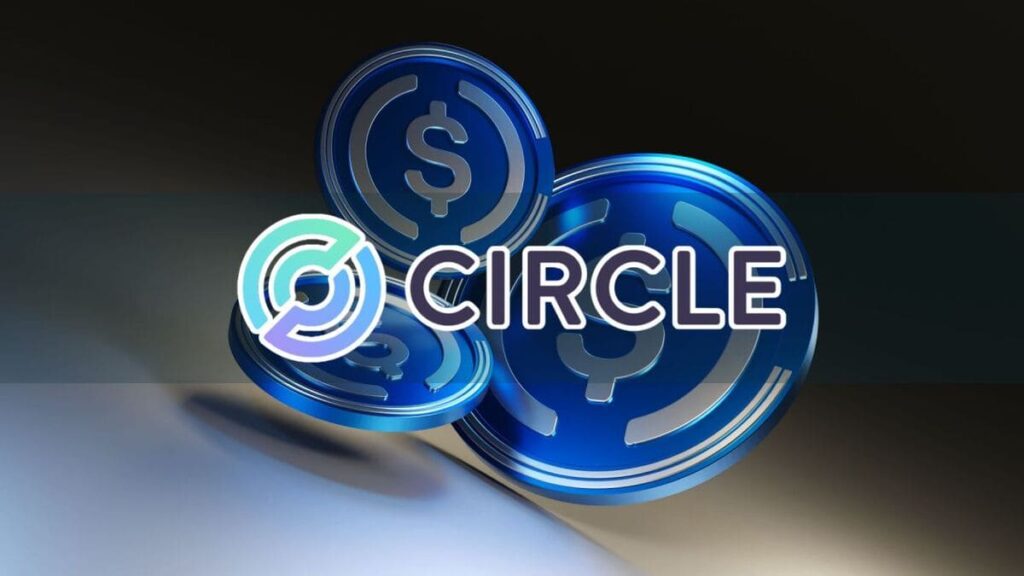TL;DR
- Circle now allows USDC for lawful firearm purchases.
- New US policy prevents debanking of legal businesses.
- The GENIUS Act establishes federal stablecoin operating rules.
Circle Internet Group has amended the terms of service for its USDC stablecoin. The update now permits transactions for legal firearm purchases. This change aligns the policy with existing federal laws.
Previously, the company’s rules blocked all weapon sales through USDC. The National Shooting Sports Foundation criticized that approach. The organization labeled the blanket prohibition a form of financial discrimination against lawful commerce.
This policy reversal follows two clear regulatory actions
President Trump issued an executive order on August 7, 2025, titled “Guaranteeing Fair Banking for All Americans.” The order specifically addresses debanking practices aimed at lawful businesses, including firearm merchants. It requires financial institutions to stop using subjective “reputation risk” assessments. Federal regulators have a 180-day deadline to enforce the new standards.

Additionally, the GENIUS Act became law on July 18, 2025. This legislation established a federal framework for stablecoin issuers in the United States. It provides clearer operating guidelines for companies like Circle.
Senator Cynthia Lummis endorsed Circle’s decision
She stated the decision helps prevent the financial system from being used against law-abiding citizens. The NSSF acknowledged the policy shift as a positive step. The organization also pledged to monitor its implementation to ensure compliance.
After discussions w/ Circle, I'm glad they now allow legal firearm purchases using its stablecoin. By aligning its terms of service w/ existing legal requirements, Circle defends constitutional rights & ensures financial systems can't be weaponized against law-abiding gun owners. pic.twitter.com/zQvxAD8G2i
— Senator Cynthia Lummis (@SenLummis) November 5, 2025
This update illustrates a quiet but decisive shift in how payment platforms manage politically adjacent commerce. Other stablecoin issuers may now face pressure to review their own permitted transaction lists. The situation highlights how digital payment policies are becoming deeply entangled with broader social and legal debates.









